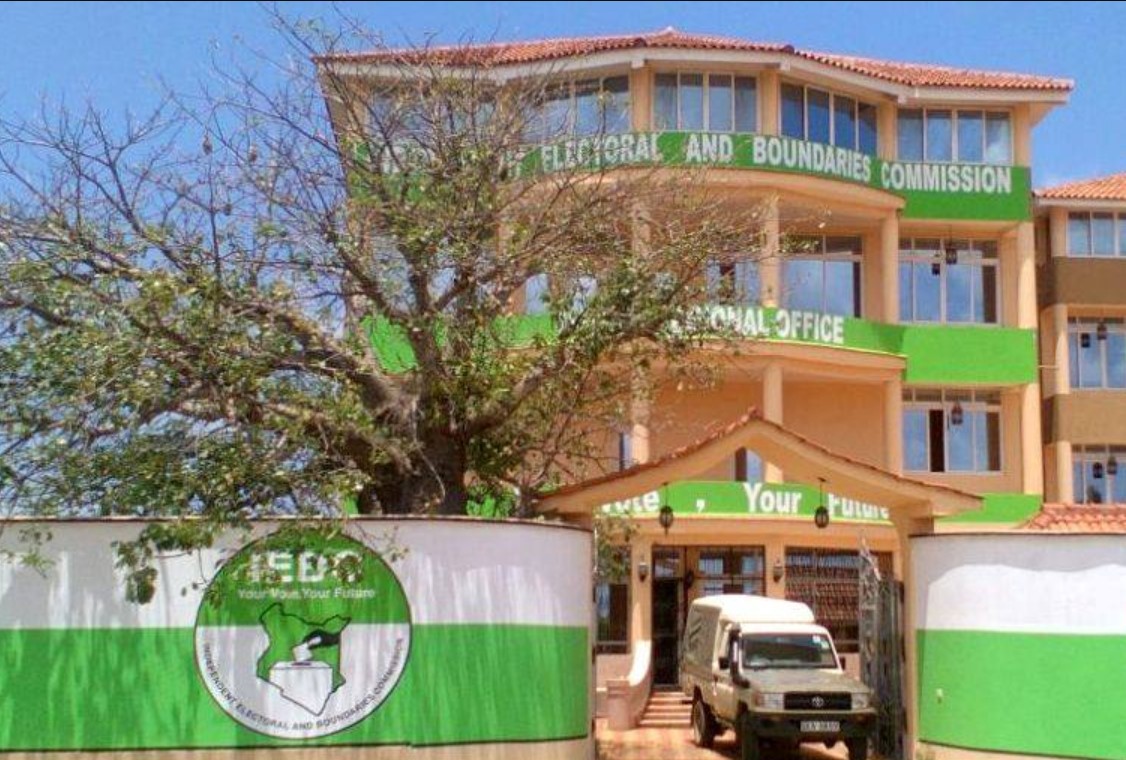Parliament is calling for a forensic audit of the Independent Electoral and Boundaries Commission (IEBC) over pending legal fees of Kes 2.7 billion.
The National Assembly Public Accounts Committee (PAC) is calling for a probe into the legal expenses incurred by the IEBC in various election petitions, where multiple legal firms represented the commission.
MPs have accused the IEBC of inflating legal fees owed to prominent lawyers, claiming this is a misuse of public funds.
According to the documents presented by the Office of the Auditor General, IEBC had pending bills totaling Kes 2 billion as of June 30, 2022, carried over from the previous financial year.
The report revealed that some of these bills date back more than ten years and continue accumulating.
Did you read this?
“Furthermore, the amount includes legal pending bills totalling Kes 1,733,343,356, which have increased from Kes 1,316,180,629 as reported on June 30, 2021. The Commission risks facing legal actions due to the debt remaining outstanding for the past ten years.”
Butere MP Tindi Mwale, who chaired the committee session, called for a forensic audit to clarify the total legal fees accrued over the decade.
“We need a forensic audit because failure to settle bills during the year to which they relate adversely affects the financial provisions of the subsequent year to which they have to be charged,” he said.
Further, he urged an investigation into the legal firms representing the IEBC, suggesting possible fraud involving exorbitant fees.
On the other hand, Lugari MP Nabii Nabwera criticized the fees as unrealistic and inflated, warning that without a forensic audit, there is a risk of continued misuse of taxpayer money.
“We need to understand whether it is a question of competence or a question of capacity at the IEBC that leads us to incur such huge losses in legal fees. Is there any justification?” he questioned.
IEBC CEO Marjan Hussein Marjan explained that the commission cannot control the number of election petitions, which has led to increased legal fees.
He noted that the commission had to hire additional legal firms to manage the numerous petitions filed nationwide, especially since pre-qualified firms and internal legal counsel could not handle all cases.
Further, he highlighted that the Advocates Remuneration Order does not cap legal fees in constitutional petitions, allowing firms to charge high rates.
“That’s where the problem lies because an advocate will charge based on the work they have done. The Advocates Remuneration Order only sets a baseline; it doesn’t provide a ceiling. This allows advocates to justify their fees,” he said.
Soy MP David Kiplagat criticized the substantial legal fees, emphasizing that government agencies must operate within budgetary constraints.
He questioned how the commission incurred such expenses without a specific budget allocation for legal fees.
Marjan pointed out that since the 2022 general election, the National Treasury had not allocated a budget to the IEBC for legal and compliance fees.









